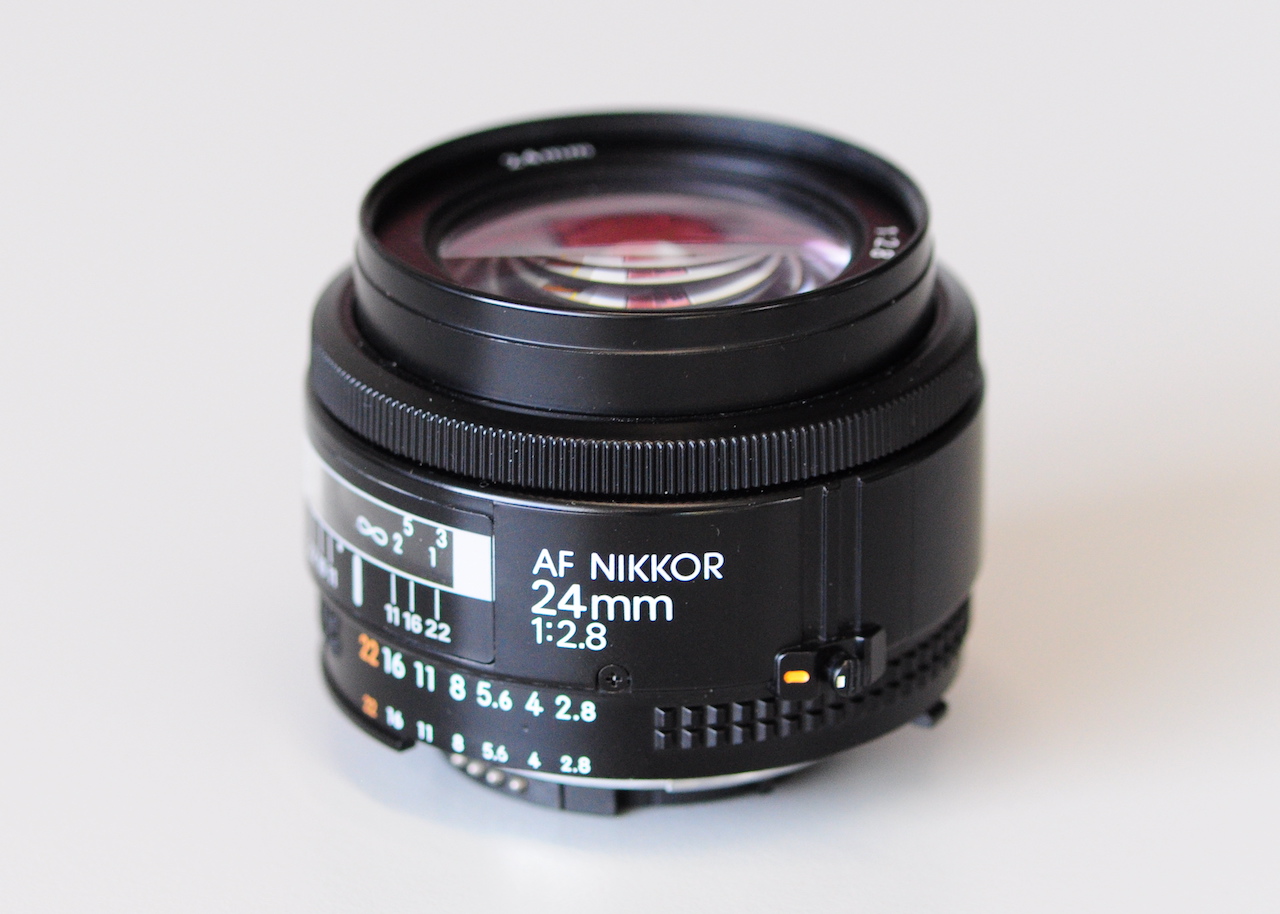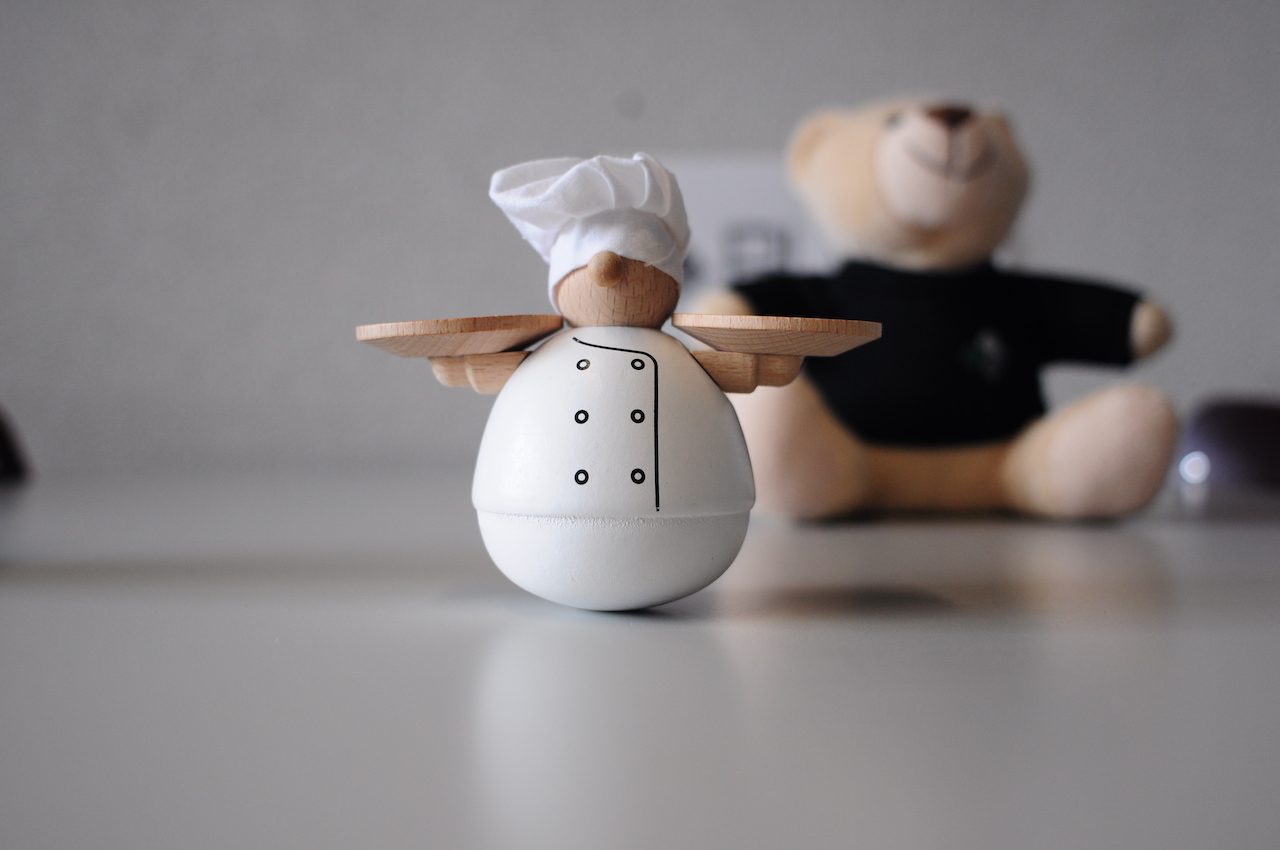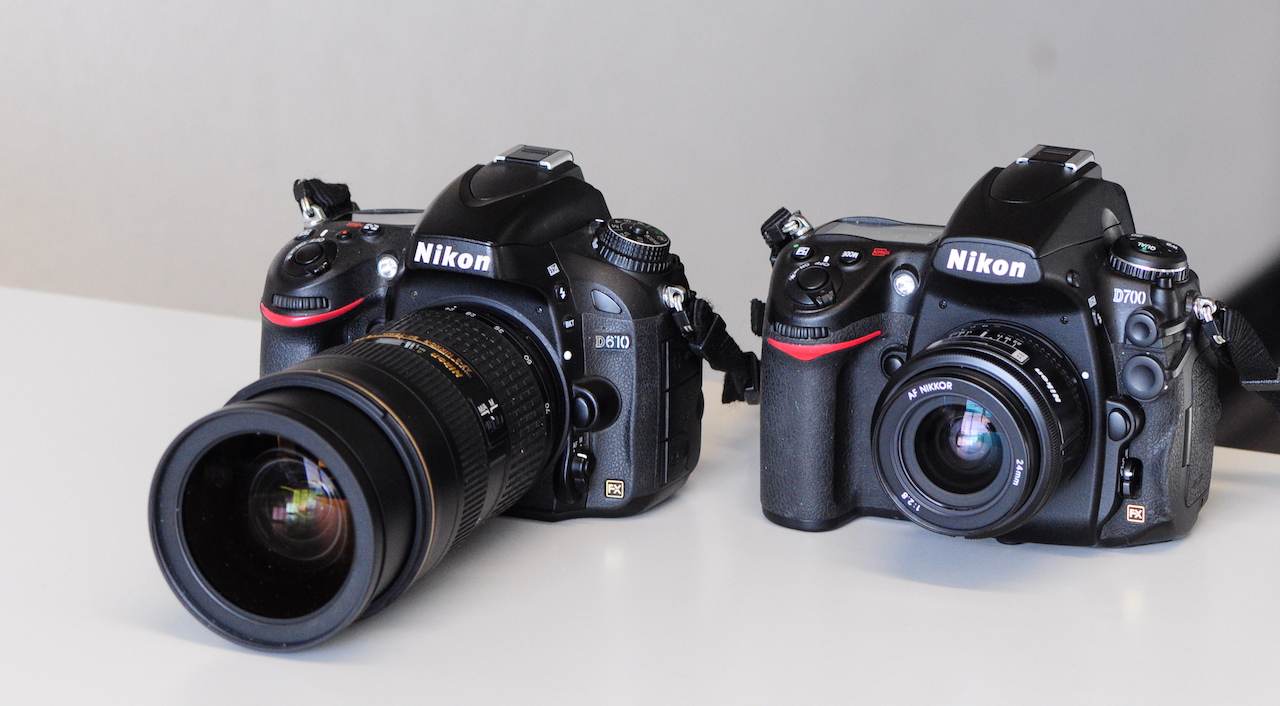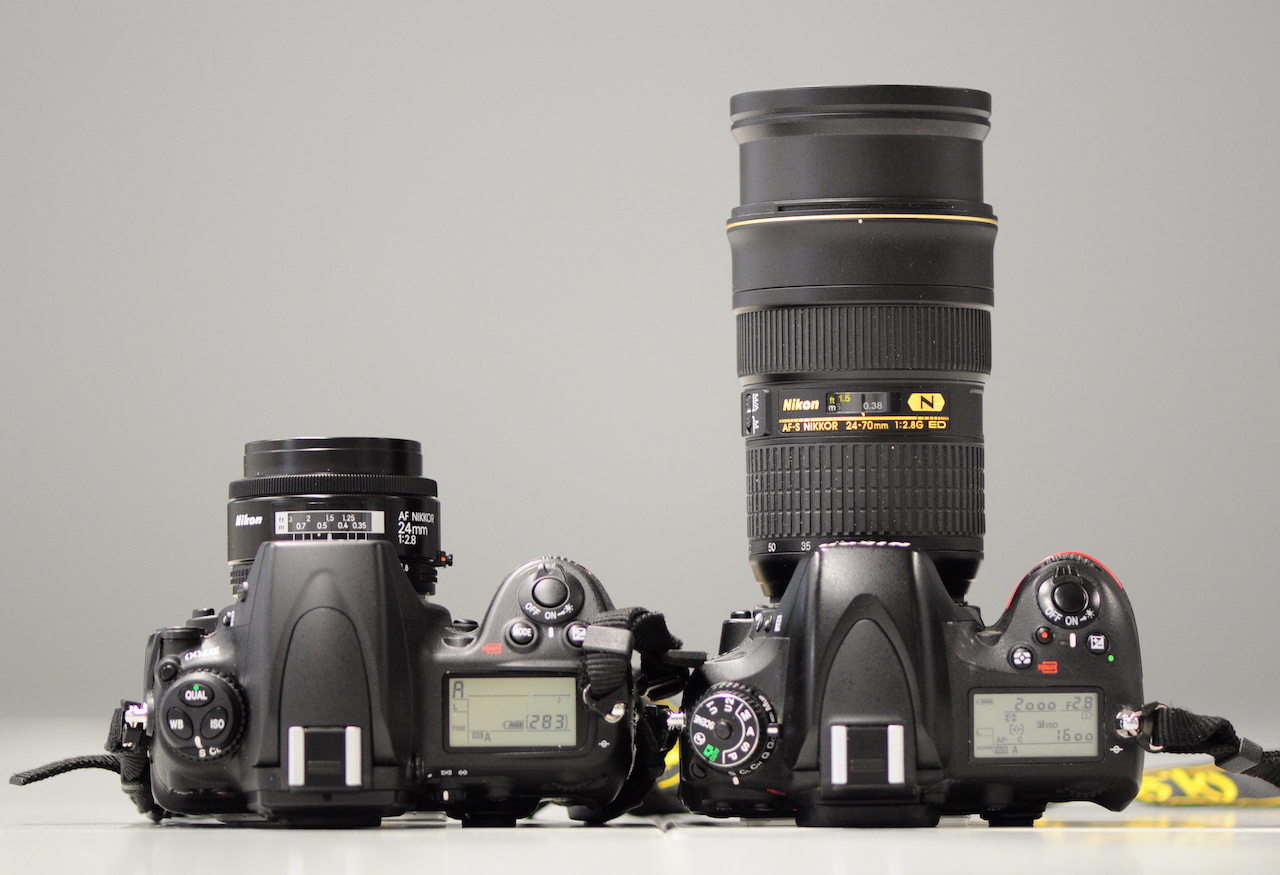Nikon 24: Difference between revisions
No edit summary |
No edit summary |
||
| Line 79: | Line 79: | ||
<div class="panel-heading">'''Weight and Size'''</div> | <div class="panel-heading">'''Weight and Size'''</div> | ||
<div class="panel-body"> | <div class="panel-body"> | ||
Here I compare the Nikon 24/f2.8 with one of the nicest [[Zooms]] you will find, the [[Nikon 24-70]]. Both lenses are f/2.8. Of course the [[Zoom]] gives you more flexibility. But look at the size of that thing. The [[Zoom]] lens is about 1 kg, 4x heavier, and costs at least 3x if not more when new. Since the [[Nikon 24-70]] is so popular, even used versions sell for close to | Here I compare the Nikon 24/f2.8 with one of the nicest [[Zooms]] you will find, the [[Nikon 24-70]]. Both lenses are f/2.8. Of course the [[Zoom]] gives you more flexibility. But look at the size of that thing. The [[Zoom]] lens is about 1 kg, 4x heavier, and costs at least 3x if not more when new. Since the [[Nikon 24-70]] is so popular, even used versions sell for close to 1'000, you can buy an entire arsenal of equipment for that money as explain [[New or used|here]]. | ||
Latest revision as of 16:26, 31 December 2020
On a full frame camera the 24mm will probably address most of your wide angle needs. It covers quite a bit, but is not too wide to cause you a lot of issues. Anything wider will need a lot of patience and experience, while the 24mm can be used everyday. Unfortunately, most people think they need more. This is actually good for bargain hunters, as this lens can be had for very cheap as second hand. This is a good lens to take pictures of friends and people, street life, indoors as well as landscape. Do not forget, you need to come close with wide angle lenses to fill your frame with things that matter.
If you combine APS-C and full frame cameras, this lens will work as a 35mm on your APS-C which is a very practical focal length in general. To be honest, you need to be planning this very well if you do not already have something else for your APS-C camera in such a setup.
Versions
- The picture is the older f/2.8D, it is still being sold.
- There are many versions, basically, the AI-S versions that are manual focus
- The newer version is f/1.8 a bit more expensive, a bit heavier
- The f/1.4, weighs 3x more, costs probably 4.5x more (I never used it)
| Price | Very affordable |
|---|---|
| Weight | Very light, 260g |
| Good for | Indoors, people, landscape |
| New or used | About 400, can get it for less than 150 used |
This is a very useful range on a full frame camera. It also allows you to come extremely close, most versions will focus at 20 to 25 cm and makes gorgeous pictures. It is excellent for scenery, close-ups, people.
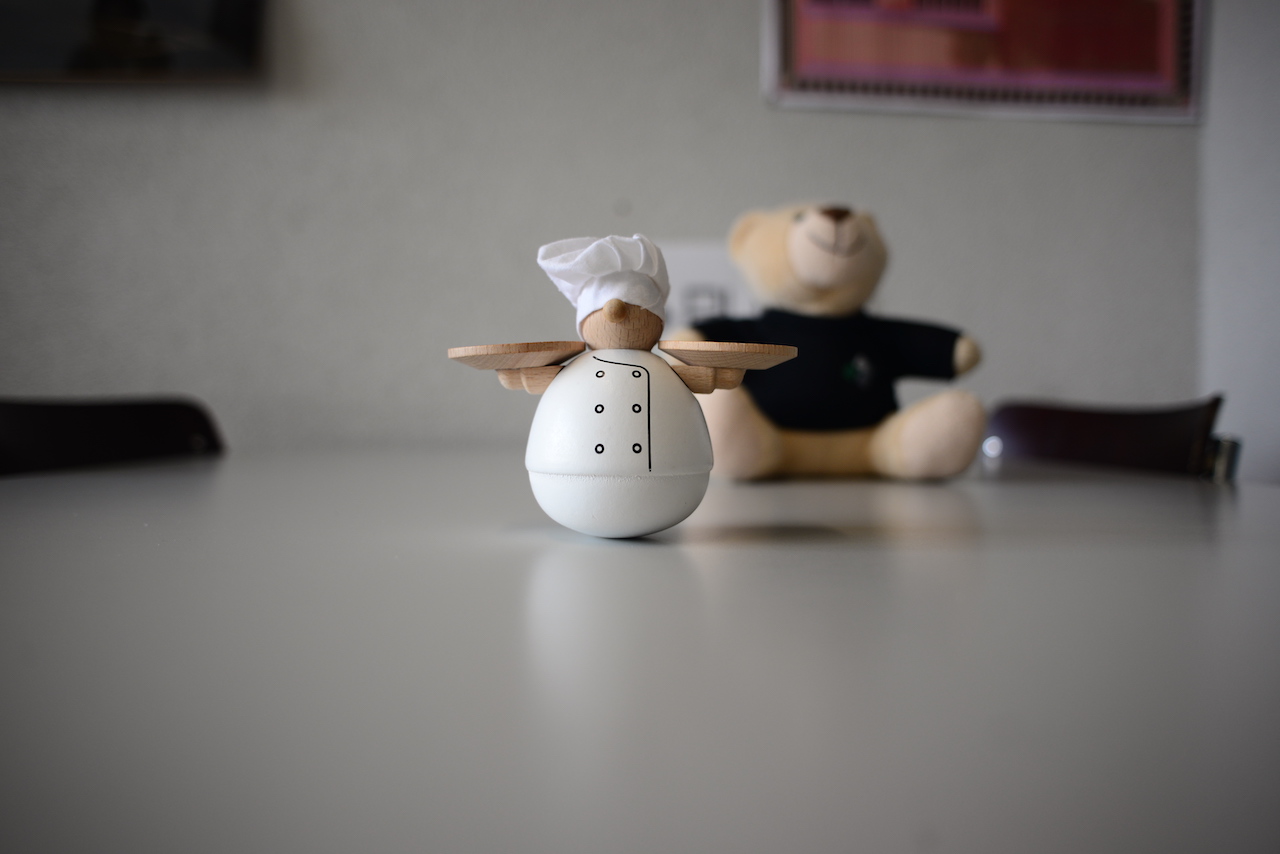
Why to use prime lenses an example
Here I compare the Nikon 24/f2.8 with one of the nicest Zooms you will find, the Nikon 24-70. Both lenses are f/2.8. Of course the Zoom gives you more flexibility. But look at the size of that thing. The Zoom lens is about 1 kg, 4x heavier, and costs at least 3x if not more when new. Since the Nikon 24-70 is so popular, even used versions sell for close to 1'000, you can buy an entire arsenal of equipment for that money as explain here.
Gallery
These pages are for Amateur Photographers and not really for seasoned photographers and professionals. I have no affiliation or commercial interest with any brand/make. I write from my own experience. I ended up using mainly Nikon, so I am more familiar with this brand than others. See price for notes on pricing as well as photography related links.
